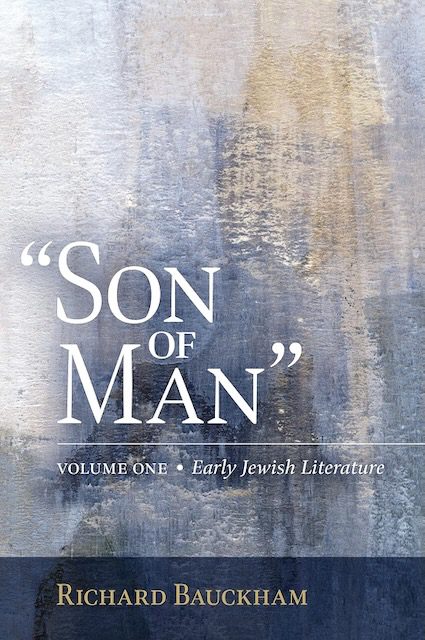Q. Josephus is an enigmatic figure, no matter how you read his work, not least because he seems to be an example of the old adage of ‘once bitten, twice shy’ and by this I mean, Josephus himself was a zealot, at least to the extent that he led Jews against Romans, though perhaps somewhat reluctantly, but then blamed his fellow zealots for the destruction of Jerusalem and the failure of the war. This helps explain his extreme reluctance to talk about Jewish messianism, or the fulfillment of prophecies by a Jewish messianic figure for sure. And yet as you say, there are hints along the way that he has not abandoned hope of such a figure and such a future in which Israel and its messiah may one day triumph. It is not a surprise that modern Jews are so ambivalent about the man and his writings, some even seeing him as a traitor to the Jewish cause. Do you think the latter is a fair assessment especially in light of modern Jewish messianism among the Orthodox and Ultra-Orthodox?
A. What Josephus renounced was messianic activism, i.e. the notion that a “messianic” leader or group should take it into their own hands to throw off the Roman yoke and expect God to support them. Redemption is for God to enact in his own time (this is also the view of 4 Ezra, contemporary with Josephus). This in fact became a common Jewish view, and it is why the orthodox in modern times never accepted Zionism and many do not recognize the state of Israel. I suppose what makes Josephus look like a traitor is that he actually went over to Vespasian’s side. In some ways he is a Jeremiah figure, but the parallel would be if Jeremiah had actually recommended himself to the Babylonian general and lived in his camp and given advice. It is hard to avoid the implication that Josephus was saving his own skin, but that is compatible with a sincere conviction that Vespasian was fulfilling God’s will. He saw that the Jewish cause was doomed and concluded that this must be because God was not on his people’s side in the war, just as he was not in the fall of Jerusalem to Babylon. Writing that chapter made Josephus a more theologically interesting figure than I had previously thought. He is not a mere historian, but engaged, like Daniel, in discerning the providence of God in the course of history.
A BIG THANK YOU TO MY OLD FRIEND RICHARD BAUCKHAM FOR TAKING THE TIME FOR THIS INTERESTING DIALOGUE














